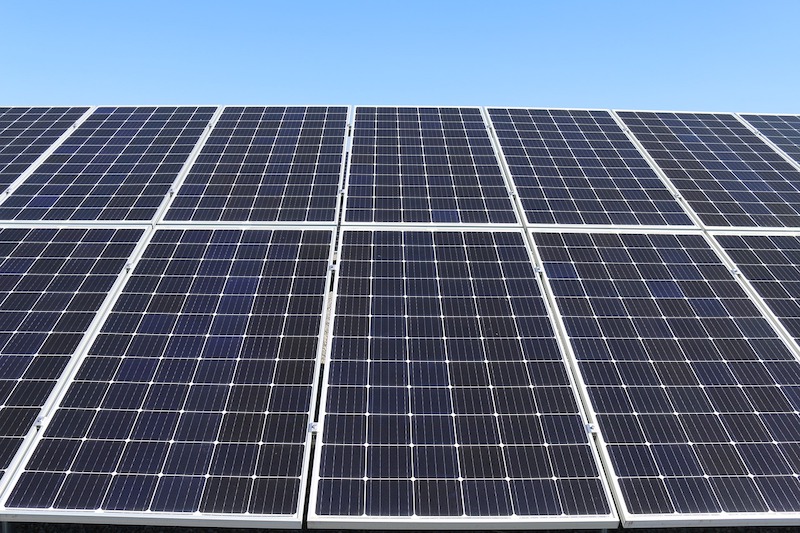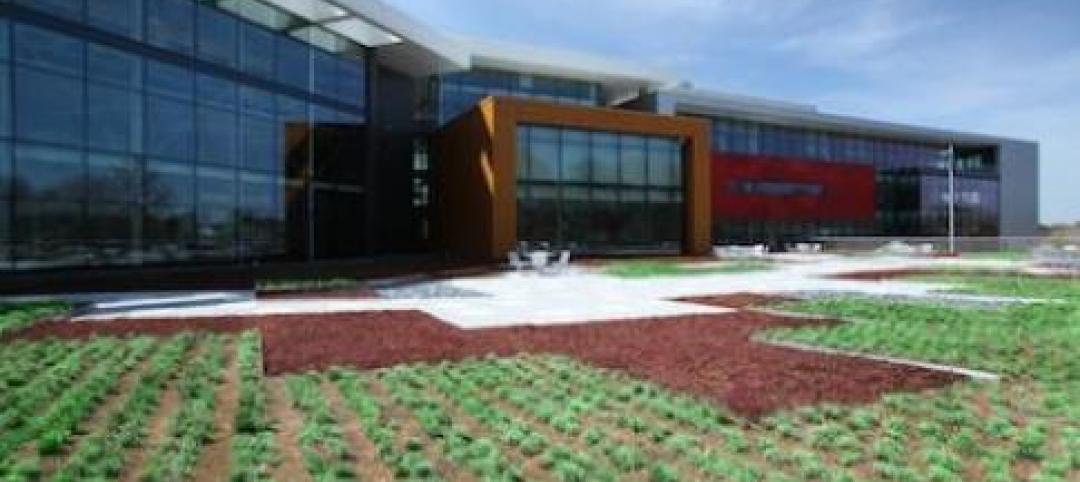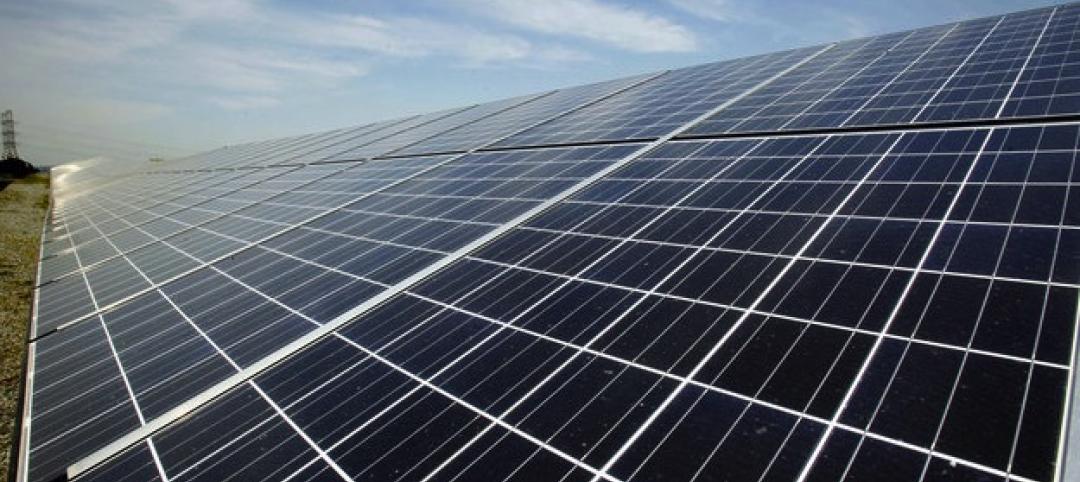The continued growth of zero energy buildings (ZEB) will be driven by commitment from developed and developing economies in pursuing ZEB targets, enforcement of stringent global building codes and standards, and advancements in building technologies.
That’s the assessment from a new report, Global Zero Energy Buildings (ZEB) Promise New Efficiency Beyond Cost and Innovative Technologies, 2020 by Frost & Sullivan. Today, less than 1% of the buildings in the world are ZEB-certified, the report says.
ZEB market restraints include ambiguities and inconsistency issues resulting in the absence of a universally approved definition and approach to ZEB. Also, current up-front costs for deploying ZEB technologies are high, and most building occupants are not ready for large-scale ZEB adaption.
The report looks at the ZEB market in five technological segments: high-performance heating, ventilation and air-conditioning (HVAC) Systems; energy-efficient lighting; solar photovoltaic (PV) systems and solar thermal systems; and energy-efficient building envelope materials. The market revenue of these technologies in 2019 was $86.1 million, the report says.
The report is available at: https://www.reportlinker.com/p06000043/?utm_source=GNW
Related Stories
| Sep 26, 2013
OSHA encourages comments on respirable crystalline silica rules
The Occupational Safety and Health Administration’s proposed rulemaking for respirable crystalline silica has been published in the Federal Register.
| Sep 26, 2013
EPA’s final rule on updated ASTM standard likely to be withdrawn
The Environmental Protection Agency is expected to withdraw a direct final ruleissued in Augustregarding an ASTM standard for Phase I Environmental Site.
| Sep 26, 2013
A primer on RoofPoint green-rating system for commercial roofs
The RoofPoint green-rating system can be used to construct more energy-efficient and sustainable commercial roofs.
| Sep 26, 2013
ConsensusDocs releases updated federal subcontract to help construction firms perform federal work
The newly revised ConsensusDocs standard subcontract (ConsensusDocs 752 for federal work) will make it easier for general contractors and subcontractors to perform federal work.
| Sep 18, 2013
Proposed Boston casino development approval will depend partly on sustainability
The movement toward green building has been slow to catch on in the casino industry, but that could change with Suffolk Downs, which plans to build a $1 billion casino in Boston.
| Sep 18, 2013
Regulations could ease firefighters’ fear of roof solar panels
The local fire chief says solar panels are partly to blame after a 300,000 sf refrigerated warehouse in Delanco, N.J., burned down.
| Sep 18, 2013
New AISC design guide on structural stainless steel now available
For the first time in the U.S., design professionals now have an authoritative resource on structural stainless steel with AISC Steel Design Guide No. 27, Structural Stainless Steel.
| Sep 18, 2013
DBIA’s ‘Design-Build Done Right’ best practices project seeks industry input
The Design-Build Institute of America (DBIA) is seeking industry input on its project to create a design-build best practices document.
| Sep 11, 2013
USGBC Florida Chapter survey to help contractors adopt sustainable practices
Contractors in Florida could benefit from a data collection project by the state's chapter of the U.S. Green Building Council.
| Sep 11, 2013
Disability, vet hiring standards for contractors are goals, not quotas
Contractors that fall short of new federal hiring rules concerning veterans and disabled persons will not necessarily incur penalties, says Patricia Shiu, director of the Office of Federal Contract Compliance Programs.












